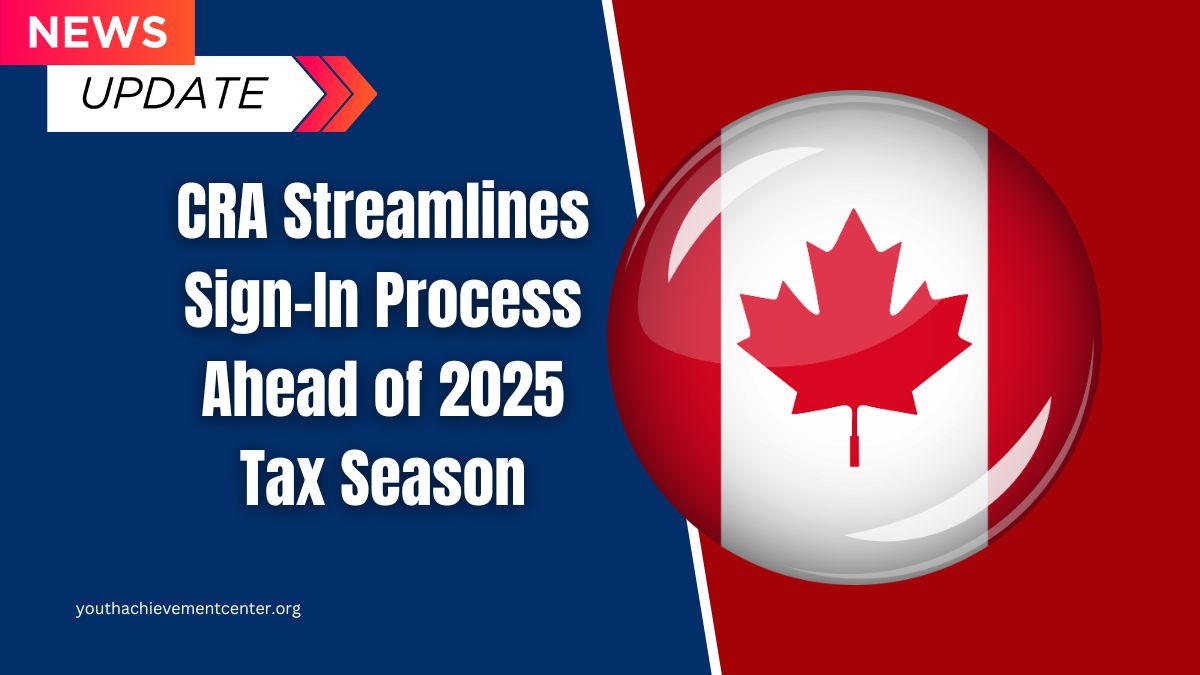In the United States, Social Security plays a vital role in supporting retirees’ financial needs. However, despite its importance, many Americans lack a thorough understanding of how this system works.
A recent study highlighted a significant gap in knowledge: over half of Americans are unaware that the age at which they start collecting Social Security benefits directly impacts their monthly income. Let’s explore how timing decisions can make a dramatic difference in retirement payouts.
The Impact of Timing on Social Security Benefits
Making a slight adjustment in the timing of your benefit claim could significantly enhance your monthly income—sometimes by as much as $740. This seemingly small decision has far-reaching financial implications.
The amount retirees receive varies due to multiple factors, but one of the most critical is the age at which they begin collecting benefits. Claiming early at 62 years of age, the minimum eligibility age, results in reduced monthly payments due to permanent reductions applied by the system. By contrast, waiting until age 70 unlocks higher monthly payouts, with increases ranging from 24% to 32% compared to starting at your Full Retirement Age (FRA).
How Full Retirement Age Affects Your Benefits
The Full Retirement Age (FRA) depends on the year you were born, typically between 66 and 67 years old. Claiming before this age reduces benefits, while delaying until 70 significantly enhances them.
| Age | Estimated Monthly Payment | Difference |
|---|---|---|
| 62 | $1,298 | – |
| 67 (FRA) | $1,782 | +$484 |
| 70 | $2,038 | +$740 |
This table demonstrates how delaying your claim can lead to substantial financial gains.
Why Waiting Can Be Advantageous
For retirees who can afford to wait, delaying Social Security benefits often proves advantageous. Individuals with adequate savings or good health may find that postponing until 70 maximizes their retirement income.
For instance, a retiree who begins collecting benefits at 62 might receive $1,298 per month. However, by waiting until 70, that amount rises to $2,038 per month, resulting in an additional $740 monthly.
Even delaying by just a year or two after reaching FRA can lead to higher lifetime earnings.
Is Delaying Always the Best Strategy?
While delaying benefits offers financial rewards, it isn’t suitable for everyone. Each retiree’s circumstances differ, and other factors may take precedence:
- Early Retirement Needs: Individuals needing immediate financial assistance may benefit from starting earlier.
- Health Considerations: Those with medical conditions or reduced life expectancy might prioritize receiving benefits sooner.
- Lifestyle Goals: Some retirees prefer to enjoy their active years earlier, even at the cost of reduced monthly payments.
A 2022 study by the National Bureau of Economic Research found that 99.4% of older adults could increase their lifetime income by delaying benefits. However, this financial analysis doesn’t factor in personal goals, which are equally important.
A Lesser-Known Way to Maximize Benefits
Beyond timing, there are other strategies to increase Social Security payments. By carefully planning your claim and understanding the system, retirees could potentially add up to $22,924 annually to their income.
For example, coordinating benefits with a spouse, working longer to increase average earnings, or optimizing tax strategies can make a significant difference.
FAQs
1. What is the earliest age to claim Social Security benefits?
The minimum age to start receiving benefits is 62 years, but payments will be permanently reduced.
2. How does Full Retirement Age (FRA) affect benefits?
FRA, typically between 66 and 67 years, determines the base amount of benefits. Starting earlier reduces payments, while delaying increases them.
3. Can everyone delay benefits until age 70?
No, not everyone can afford to wait. Financial needs, health conditions, and lifestyle goals play a significant role in the decision.
4. How much more can I earn by waiting until age 70?
Waiting until 70 can increase your payments by 24% to 32%, resulting in up to $740 more per month compared to starting at 62.
5. What are other ways to increase Social Security income?
Strategies include working longer to boost average earnings, coordinating benefits with a spouse, and optimizing taxes to maximize net income.







